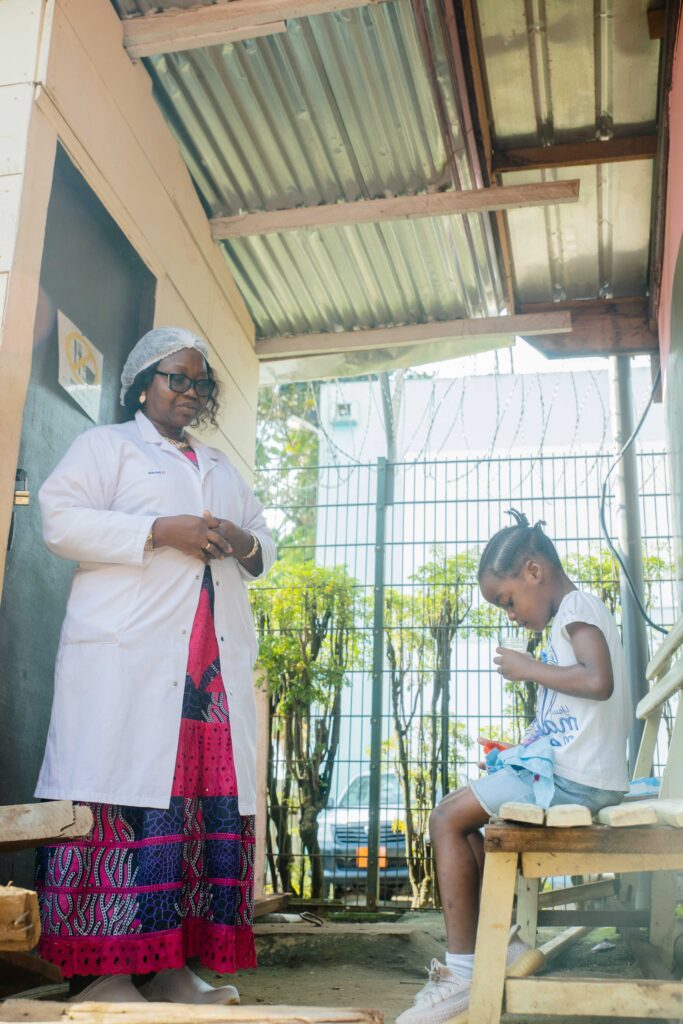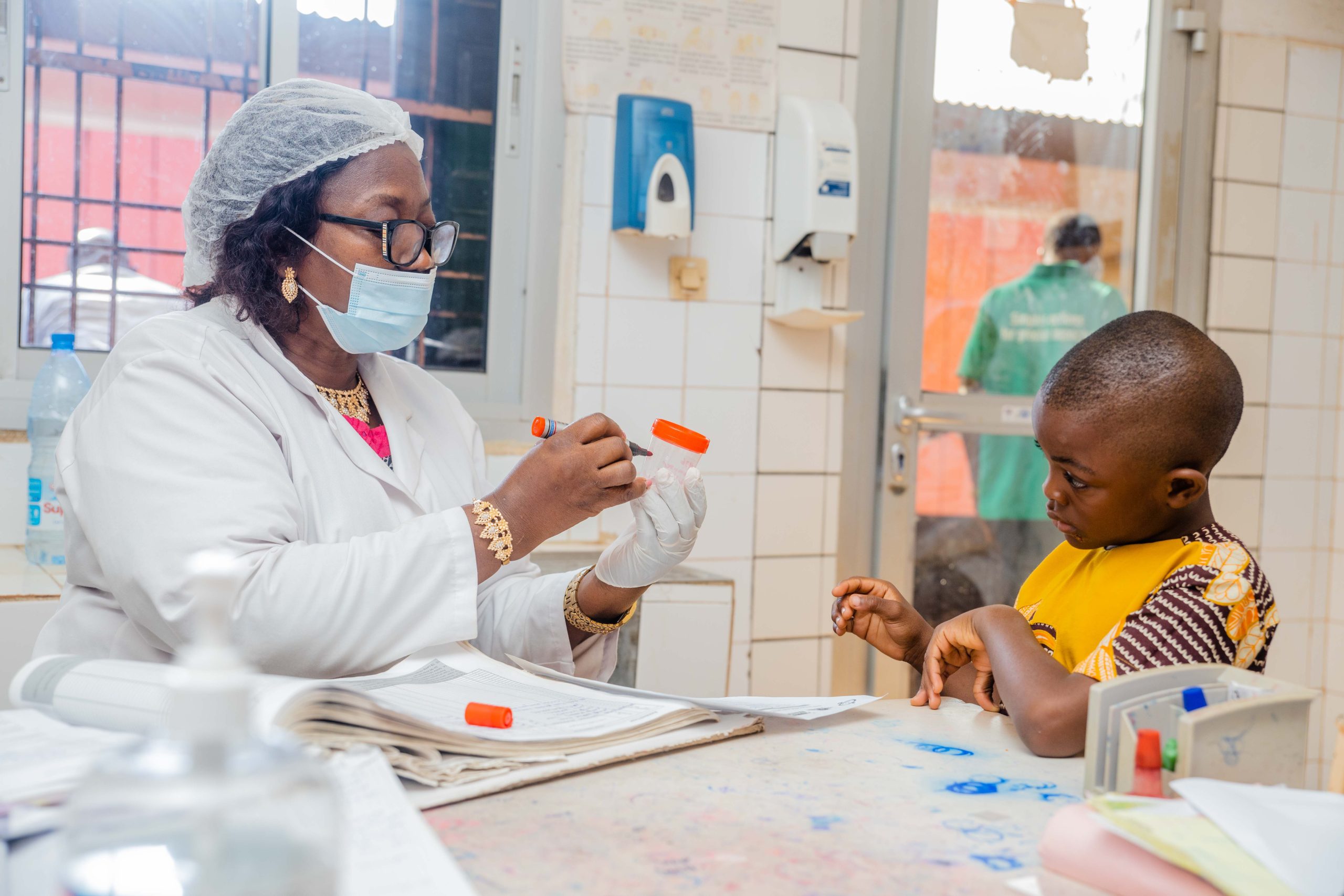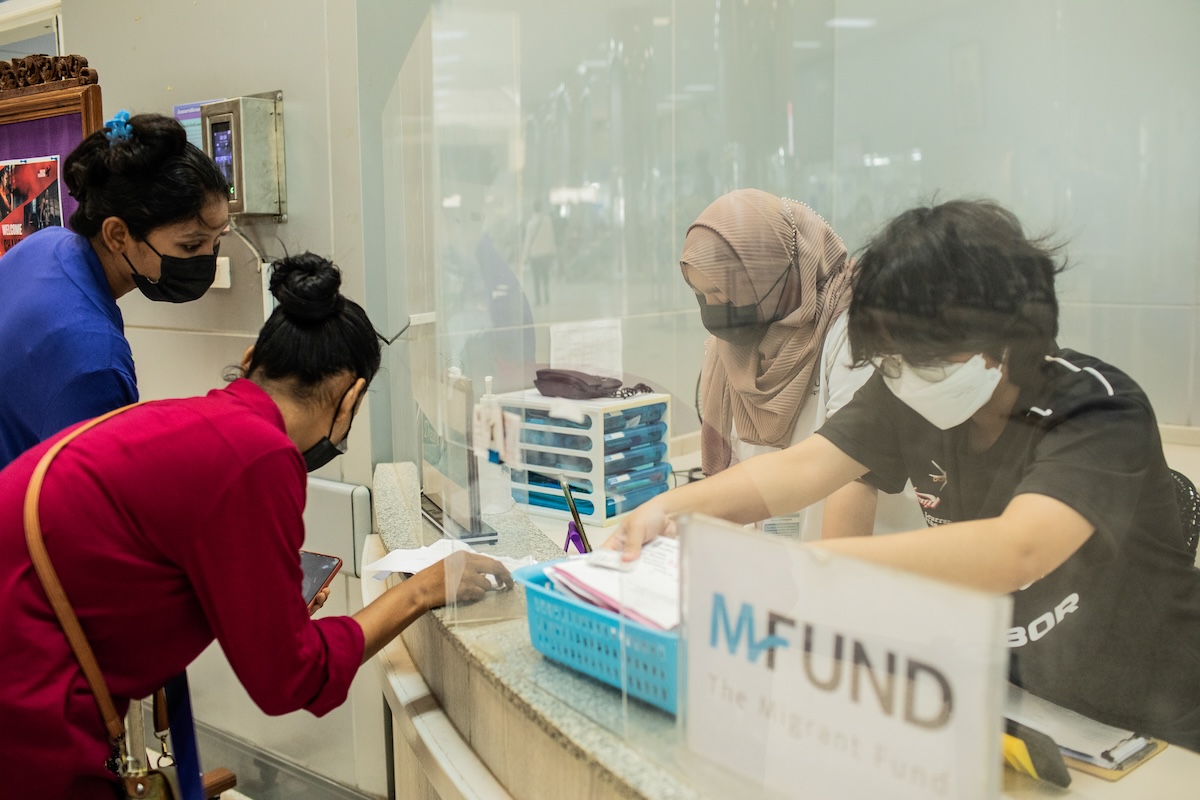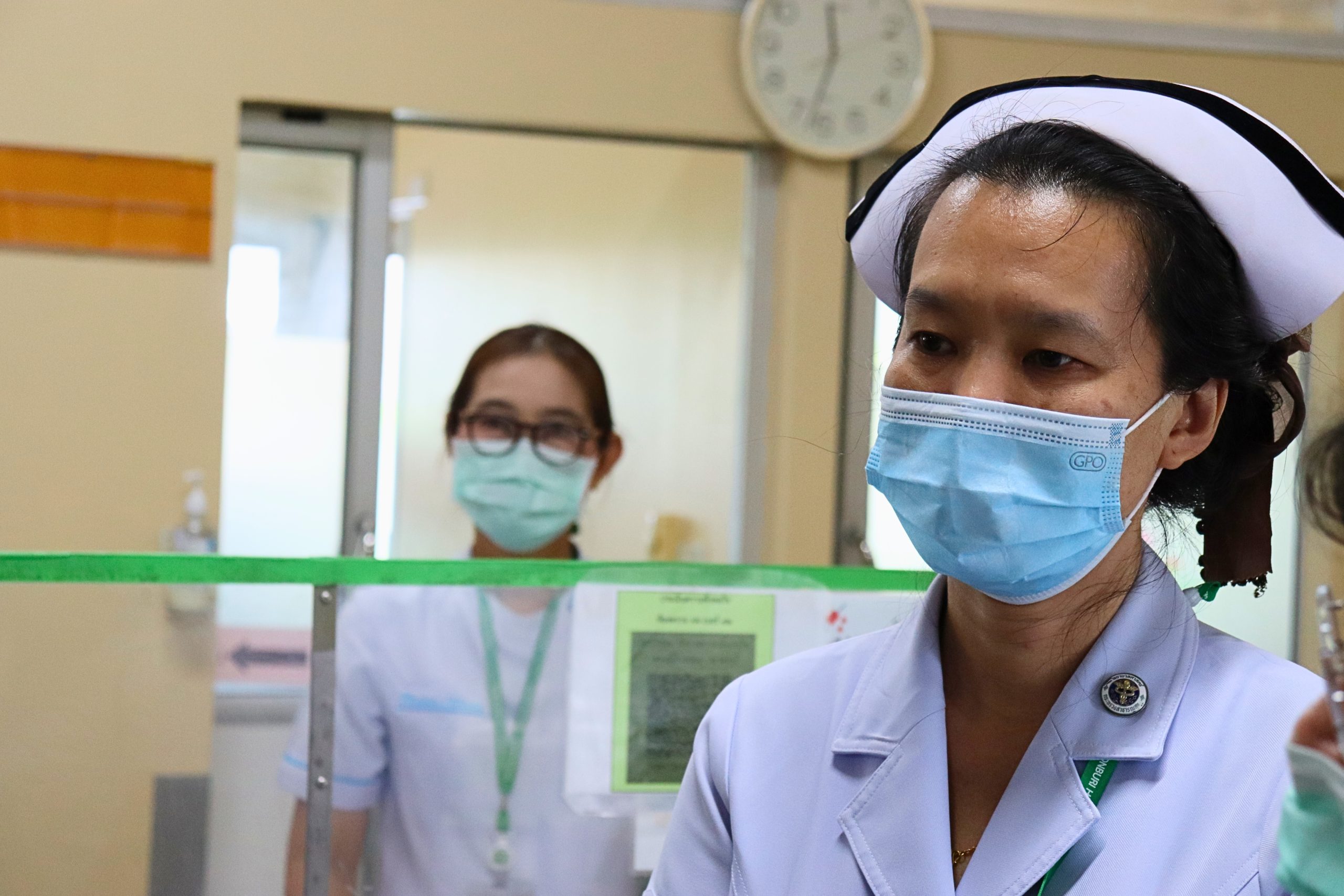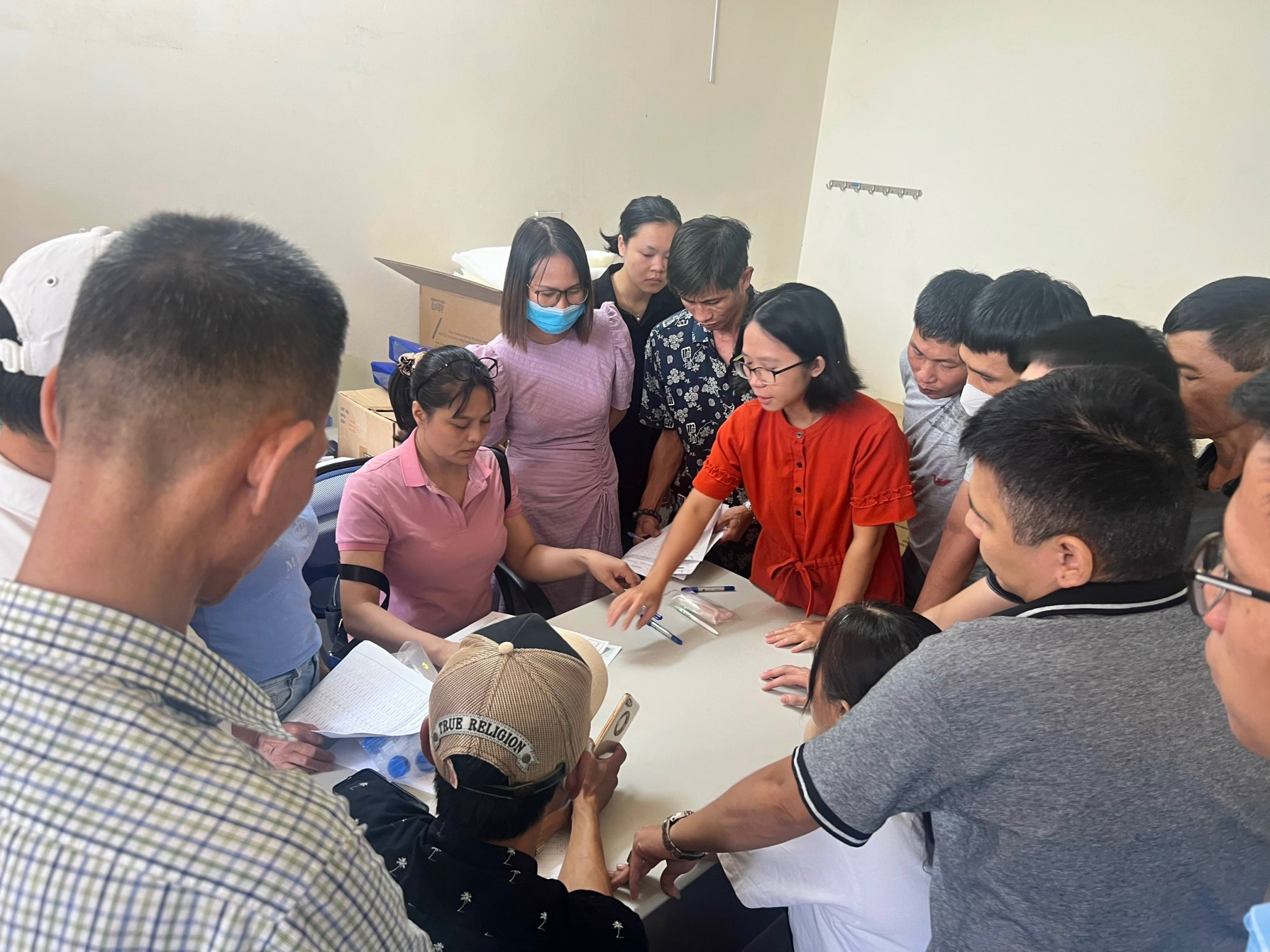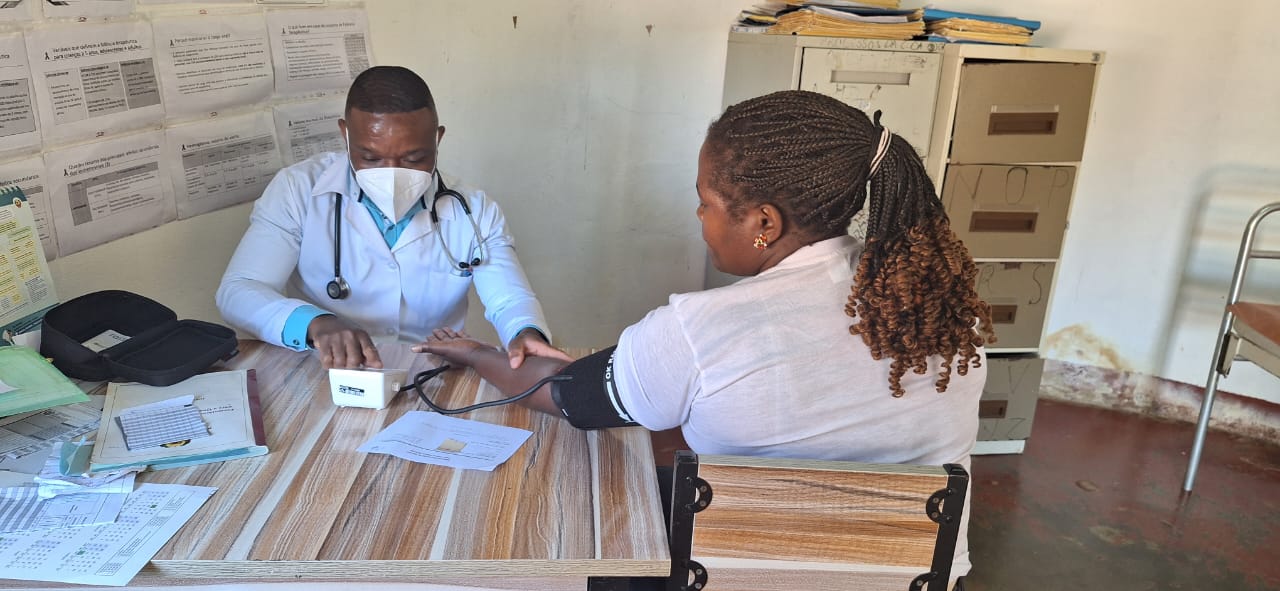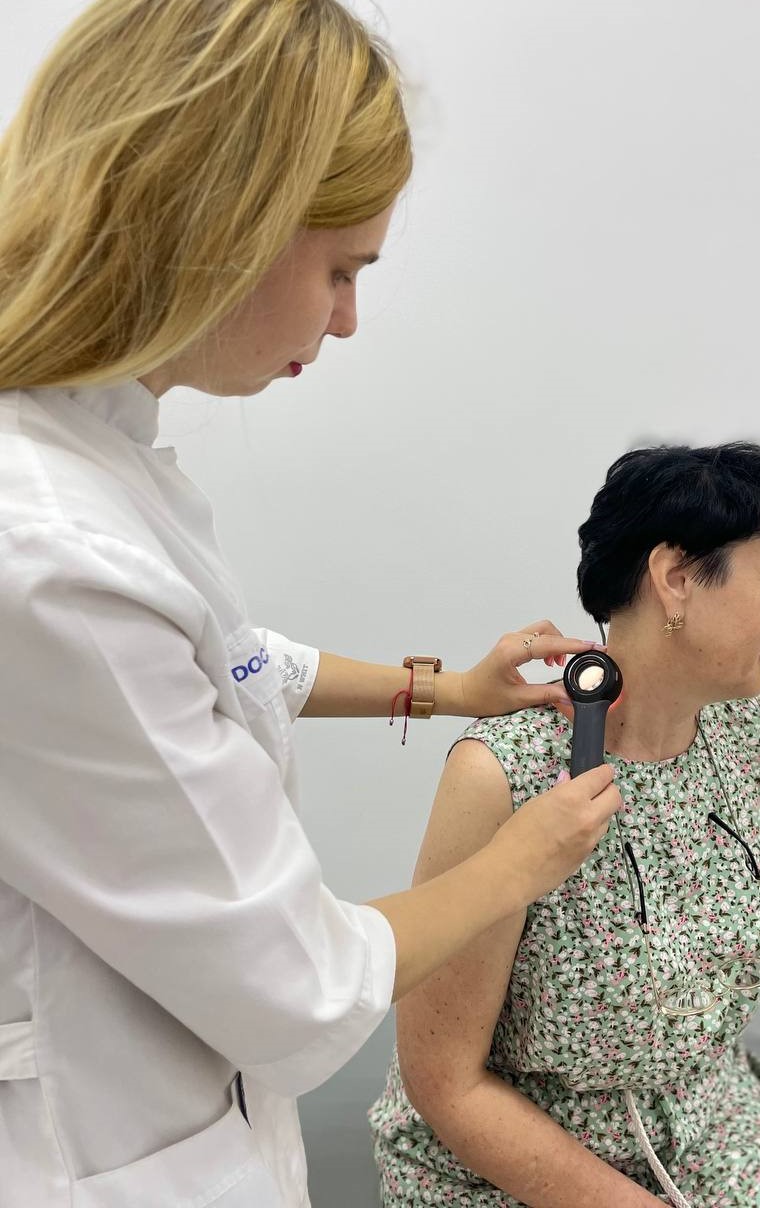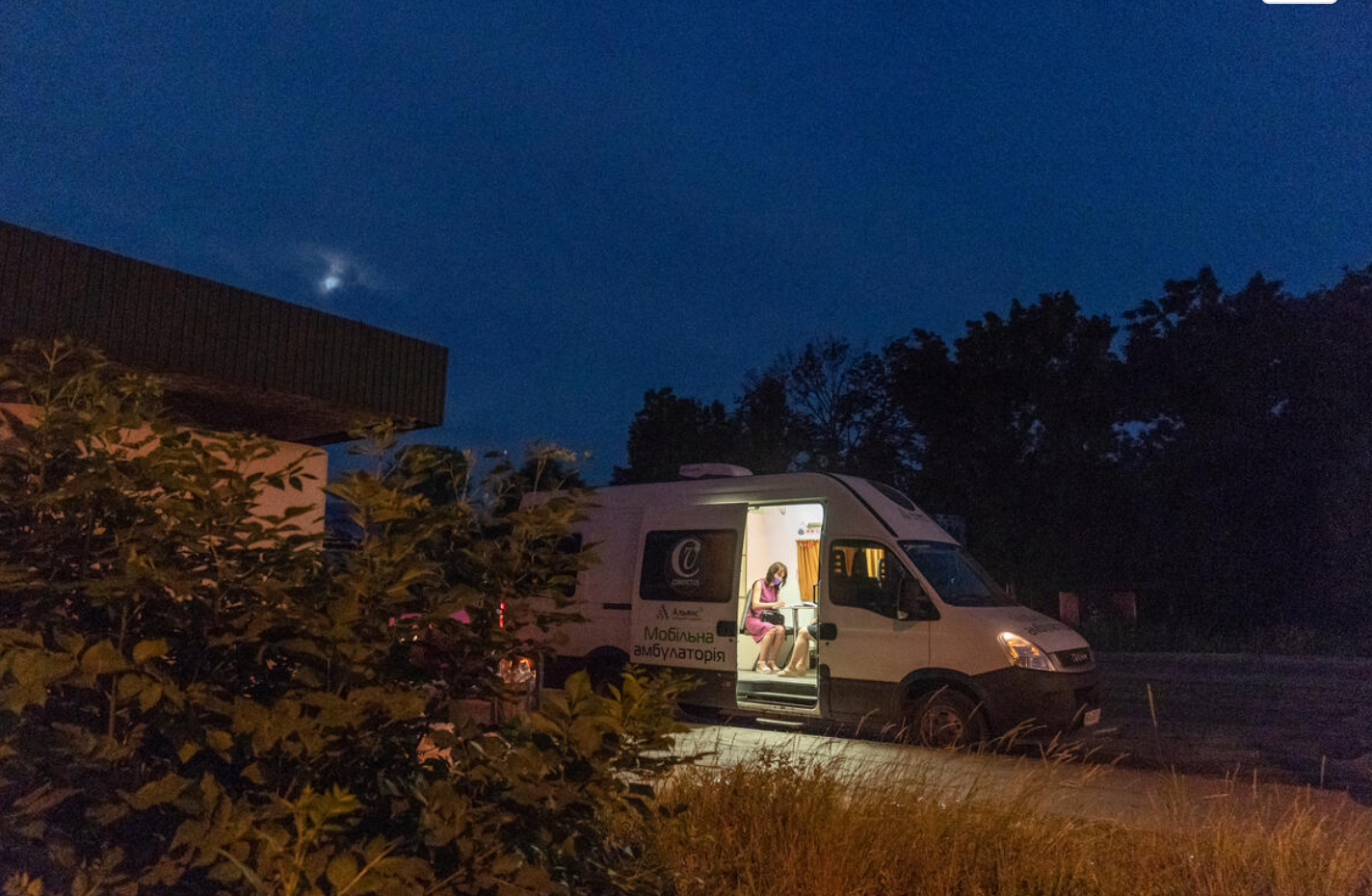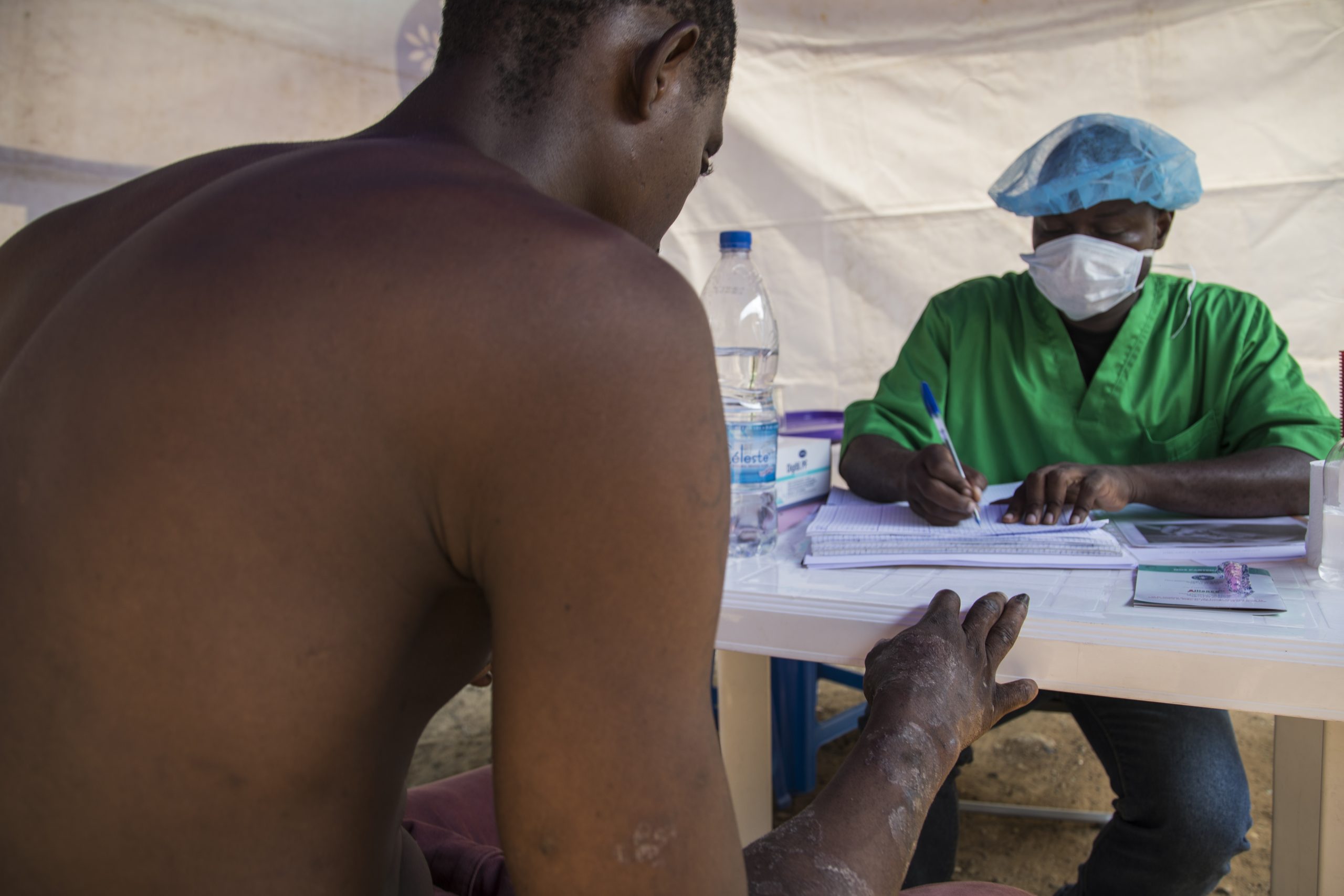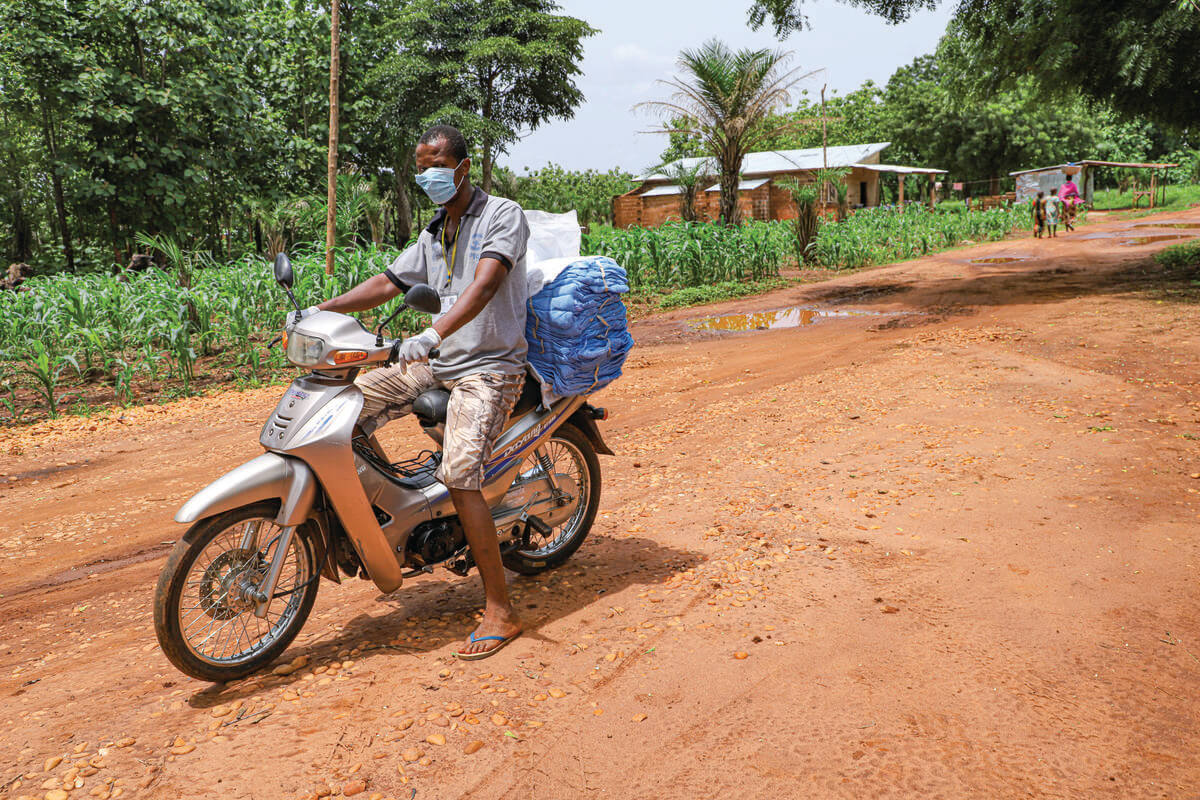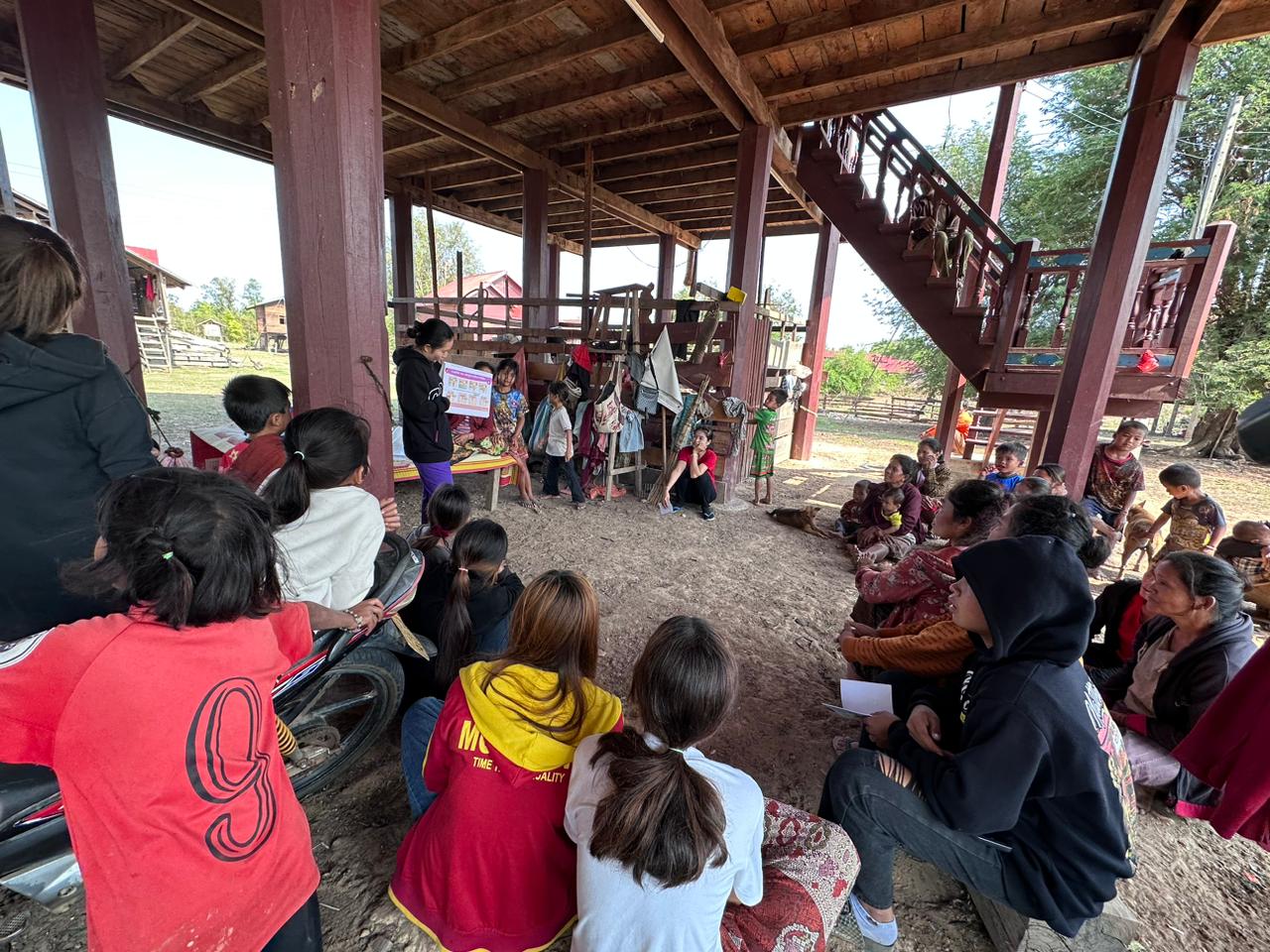Implemented in Ivory Coast and Mozambique, the project eHealth4ChildTB seeks to strengthen children’s access to tuberculosis (TB) diagnosis and treatment by decentralizing National TB Program services, which are reinforced by the advancement and integration of innovative digital tools.
Contexte
Ivroya Coast and Mozambique are two countries with high TB incidence–128 and 368 per 100,000 population respectively–coupled with high HIV prevalence and limited resources. Both targeted countries face challenged in diagnosing childhood TB due to structural challenges and the centralization of pediatric TB services at high levels of care.
In 2022, the World Health Organization (WHO) made some recommendations to improve childhood TB diagnosis, and access to treatment and care: decentralisation of childhood TB to lower levels of healthcare, the use of treatment decision algorithms for diagnosing children with presumptive TB, and the use of shorter treatments for children with non-severe disease.
Description
The eHealth4ChildTB project leverages WHO recommendations to enhance children’s access to TB diagnosis and care by decentralizing National TB Programs (NTP) services. It integrates innovative digital tools, such as clinical decision support systems and Computer-aided-Detection for chest X-ray interpretation, to strengthen TB management at all levels. The eHealth4ChildTB project also advances equitable, inclusive, and gender-sensitive approaches, promoting people-centered care and supporting research and access to new TB vaccines, diagnostics, and treatments.
Impact
Key partners and direct beneficiaries of the eHealth4ChildTB project include NTPs from project countries, and more specifically healthcare workers working in health districts, who are at the forefront of care for sick children with presumptive TB. Moreover, diagnostic tools used at decentralized levels of healthcare can benefit from the innovative digital tools implemented by this project.
